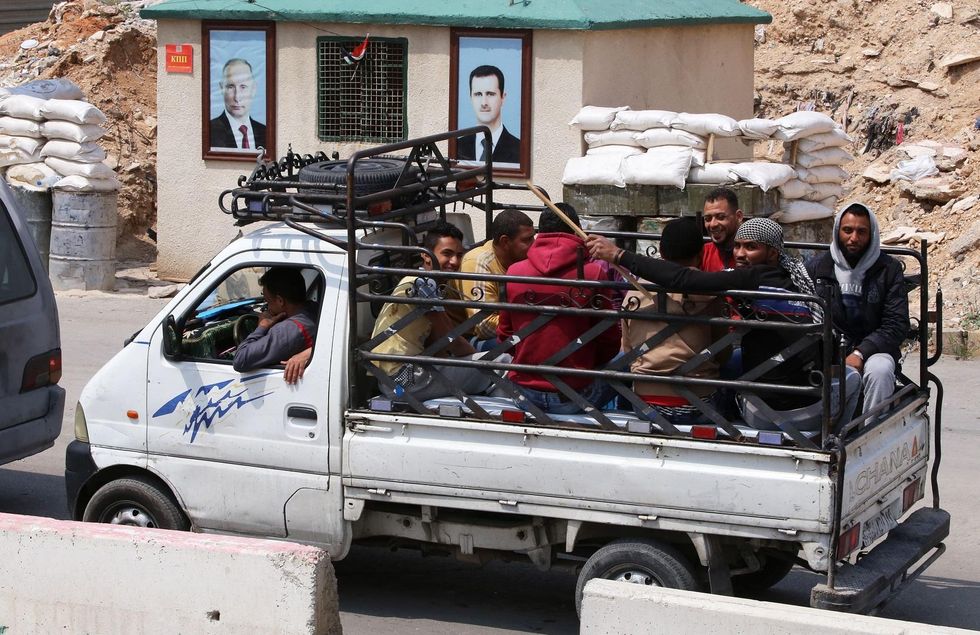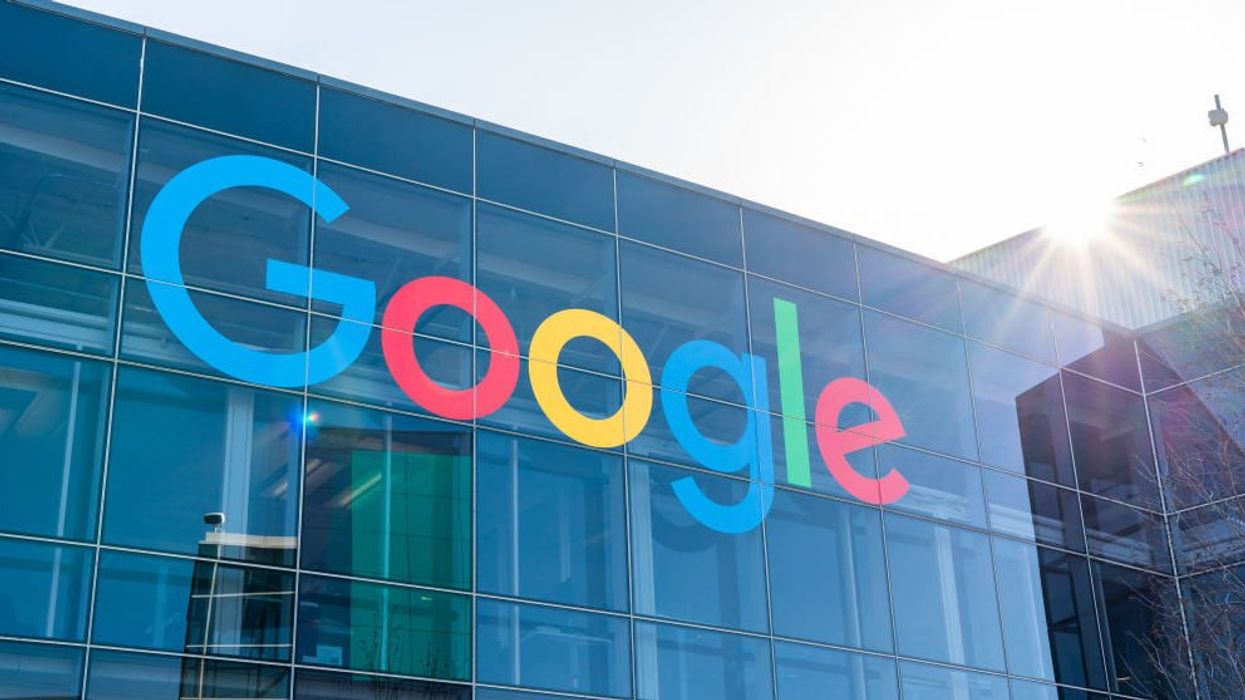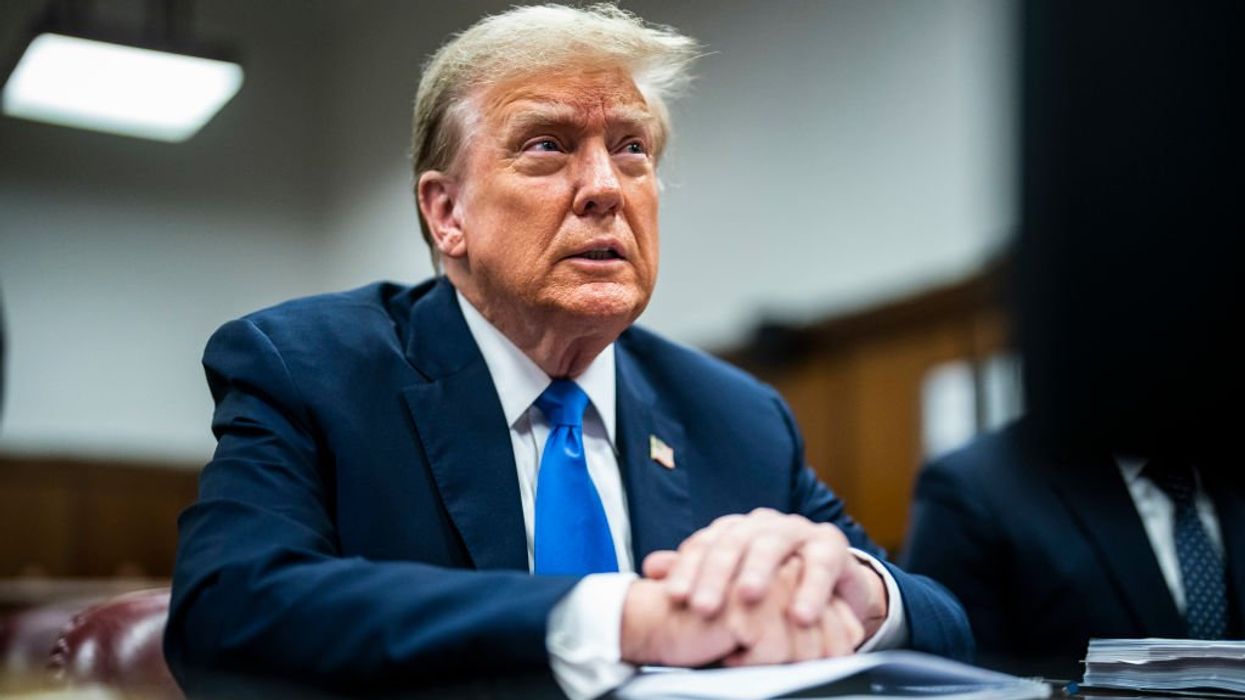Syrian government forces have reportedly taken full control of the Eastern Ghouta suburbs of Damascus, according to reports from Russian state media. This is the same area that was the target of a chemical attack on Saturday.
While the United States, France and the United Kingdom are discussing how to respond, the Russian government has threatened that war with Syria could mean war with Russia, too.
What's the history in Eastern Ghouta
The World Health Organization reports that as many as 500 people may have been affected by a chemical weapons attack in the town of Duoma in the Eastern Ghouta region of Syria. The region has been held for years by rebels who oppose the regime of Syrian President Bashar al-Assad.
This would not be the first time that Assad stooped to using chemical weapons to defeat the rebels. In 2013, a sarin gas attack on Ghouta was reported to have killed 1,400 people.
After that incident, Assad publicly agreed to destroy his chemical weapons. Despite Assad’s promises, Reuters reported in February that several people in Ghouta were suffering from “symptoms consistent with chlorine gas exposure.”
How the U.S. and its allies respond?
In a series of tweets on Wednesday morning, President Donald Trump threatened to take action against Assad, whom he referred to as a “gas killing animal.”
However, Defense Secretary James Mattis has urged caution in how the U.S. proceeds.
“We are trying to stop the murder of innocent people. But on a strategic level, it’s how do we keep this from escalating out of control – if you get my drift on that,” Mattis said.
French President Emmanuel Macron announced on Thursday that his government had “proof that last week chemical weapons, at least chlorine, were used by the regime of Bashar al-Assad."
He added that decisions would follow in “due course,” and that "regimes that think they can do everything they want, including the worst things that violate international law, cannot be allowed to act."
British Prime Minister Theresa May’s government released a statement saying that it was “highly likely” that the Assad regime was behind the chemical weapons attack.
What did Russia say?
Vassily Nebenzia, the Russian ambassador to the United Nations, warned the U.S. and other nations against getting involved in Syria. Nebenzia said that if the U.S. attacked Assad, he “cannot exclude” the possibility of war between the United States and Russia.
“We cannot exclude any possibilities, unfortunately, because we saw messages that are coming from Washington. They were very bellicose,” he said.
Russia has been one of Assad’s few allies in this ongoing war. The Russian ambassador to the U.K. tweeted his support for the regime as it took control of Ghouta from the rebels he called “extremists.”
On Tuesday, Russia vetoed a U.N. Security Council resolution to investigate the chemical weapons attacks in Syria. U.S. Ambassador to the U.N. Nikki Hally criticized this decision, saying that “History will record that on this day, Russia chose protecting a monster over the lives of the Syrian people.”




